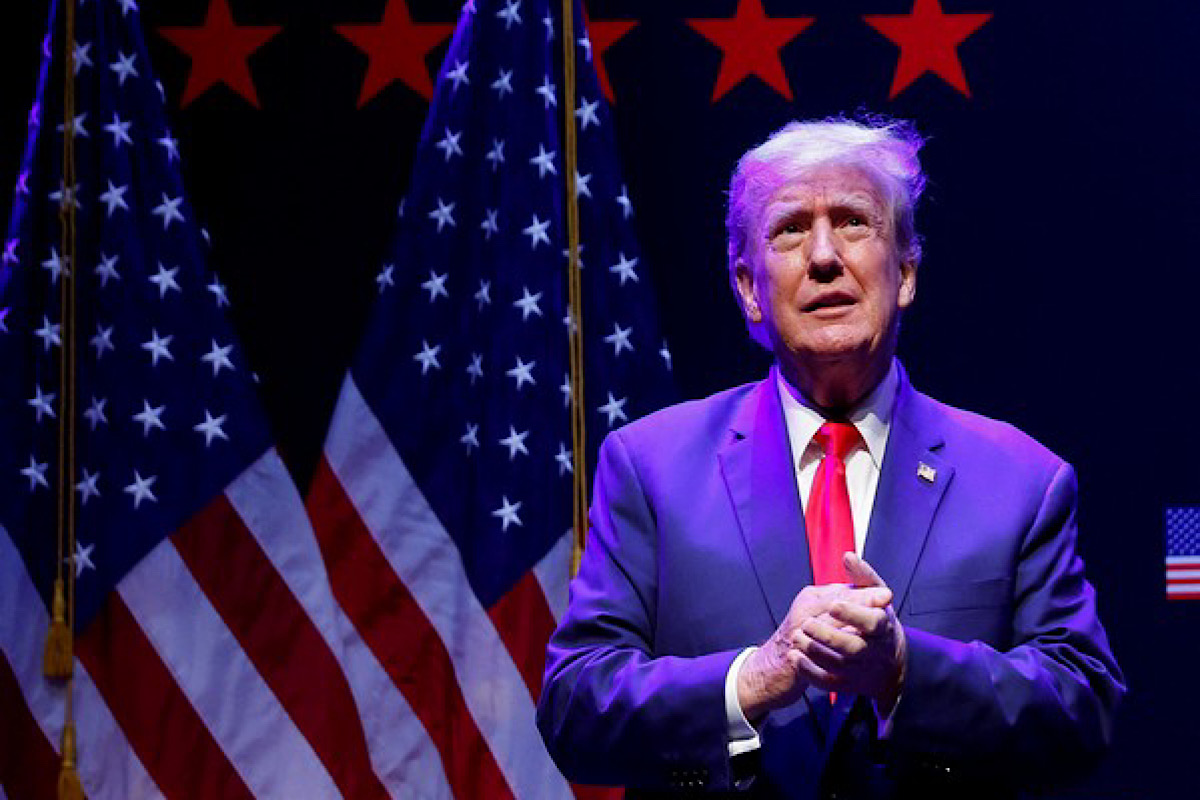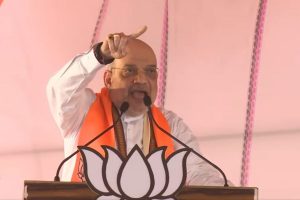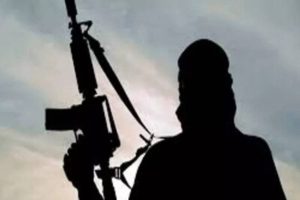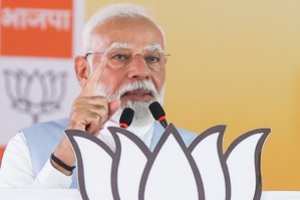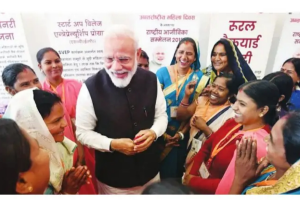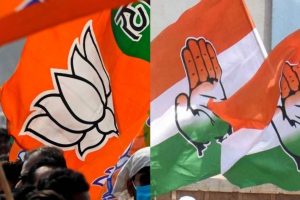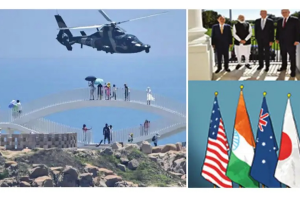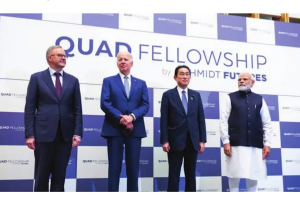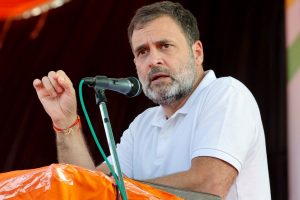As discussions around a second term for Donald Trump gain momentum, the prospect of a resha- ped American foreign policy looms large. The no- tion of appointing loyalists to key positions, as out-lin- ed in recent reports, sparks a debate about the impli- cations of such a move on global relations, particularly with China, NATO, and Ukraine. The suggestion that Mr Trump would surround himself with loyalists un- derscores the complex relationship between leader- ship and bureaucracy. While the desire for loyalty is understandable, it raises concerns about the potential consequences of side-lining experienced voices that might provide a more nuanced approach to foreign affairs. The risk of impulsive decisions, as witnessed in his first term, becomes even more pronounced if dissenting voices are marginalised. The idea that “per- sonnel is policy” brings attention to the power dynam- ics within the US national security apparatus. If Mr Trump were to have a cadre of loyalists, it could indeed expedite the implementation of his foreign policy pri- orities. However, the key question remains. At what cost will this come about? A homogenous perspective within the administration might streamline decision- making, but it could also limit the range of insights crucial for navigating the complexities of global poli- tics. Potential policy shifts, such as deploying Special Forces against Mexican cartels or cutting defence aid to Europe, signal a departure from conventional diplom- atic norms. While some argue that such bold moves could be advantageous, critics worry about the reper- cussions, both diplomatically and strategically. The de- licate balance between assertiveness and recklessness in foreign policy hangs in the balance. Mr Trump’s em- phasis on trade tariffs for NATO countries failing to meet defence spending commitments raises eyebrows. This tactic, if implemented, could strain the alliance and erode the collaborative spirit that has underpin- ned international security efforts. The unpredictability of such policy changes adds an element of uncertainty for nations reliant on US support. The reported doubts among European diplomats about Mr Trump’s comm- itment to NATO and fears of aid cuts to Ukraine high- light the fragility of global alliances. A second Trump term could see a recalibration of these relationships, potentially reshaping the geopolitical landscape in ways that demand adept navigation from other na- tions. The potential “doomsday option” paints a stark picture of a weakened system of checks and balances. The scenario where Mr Trump dismantles elements of the bureaucracy raises concerns. The international co- mmunity would undoubtedly be watching closely, with world capitals scrambling for insights. The spectre of a second term for Mr Trump brings with it a mix of antic- ipation and trepidation. While some argue that an emboldened and experienced Mr Trump might wield power more effectively, the potential risks associated with a reshaped foreign policy apparatus underscore the importance of maintaining a delicate balance between decisiveness and diplomatic finesse.

